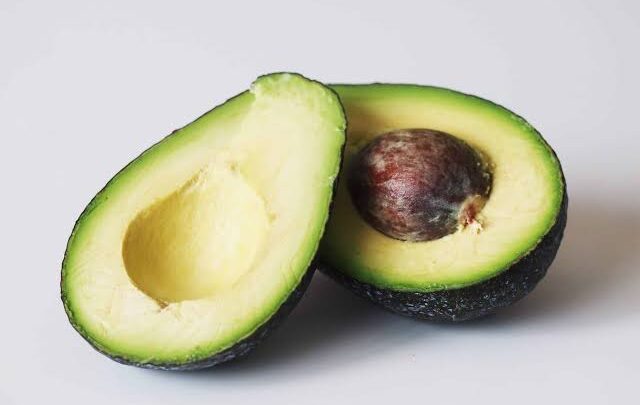1. Packed with nutrients
Avocados are high in vitamins C, E, K, and B6, as well as riboflavin, niacin, folate, pantothenic acid, magnesium, and potassium. They also include lutein, beta carotene, and omega-3 fatty acids. Avocados are high in healthy, useful fats that can help you feel satisfied between meals. Fat consumption slows carbohydrate digestion, allowing blood sugar levels to remain stable.
2. Beneficial to the heart
There are 76 milligrammes of beta-sitosterol, a natural plant sterol, in every 100 grammes of avocado. Consuming beta-sitosterol and other plant sterols on a regular basis may aid in the maintenance of good cholesterol levels, which are crucial for heart health.
3. Excellent for vision
The phytochemicals lutein and zeaxanthin, which are seen in eye cells, are found in avocados. They give antioxidant protection, which aids in the reduction of UV light damage. Avocados include monounsaturated fatty acids, which help to absorb other important fat-soluble antioxidants like beta carotene. As a result, including avocados in one’s diet may help to reduce macular degeneration caused by age.
4. May help in the prevention of osteoporosis
Half an avocado has roughly 18 percent of the daily vitamin K needs. Despite the fact that it is essential for bone health, this nutrient is commonly overlooked. Vitamin K improves bone health by increasing calcium absorption and decreasing calcium excretion through the urine.
5. Reducing the risk of depression
Avocados are abundant in folate, an important essential for overall health In certain studies, low folate levels have been associated with depression. Homocysteine, a molecule that can block blood flow and nutrient delivery to the brain, is prevented by folate. Surplus homocysteine has been linked with cognitive dysfunction, depression, and the synthesis of serotonin, dopamine, and norepinephrine, which govern mood, sleep, and appetite, according to reviews of previous research.
Also Read: Nutritional Value & Health Benefits Of Bamboo Shoots: Part 2





